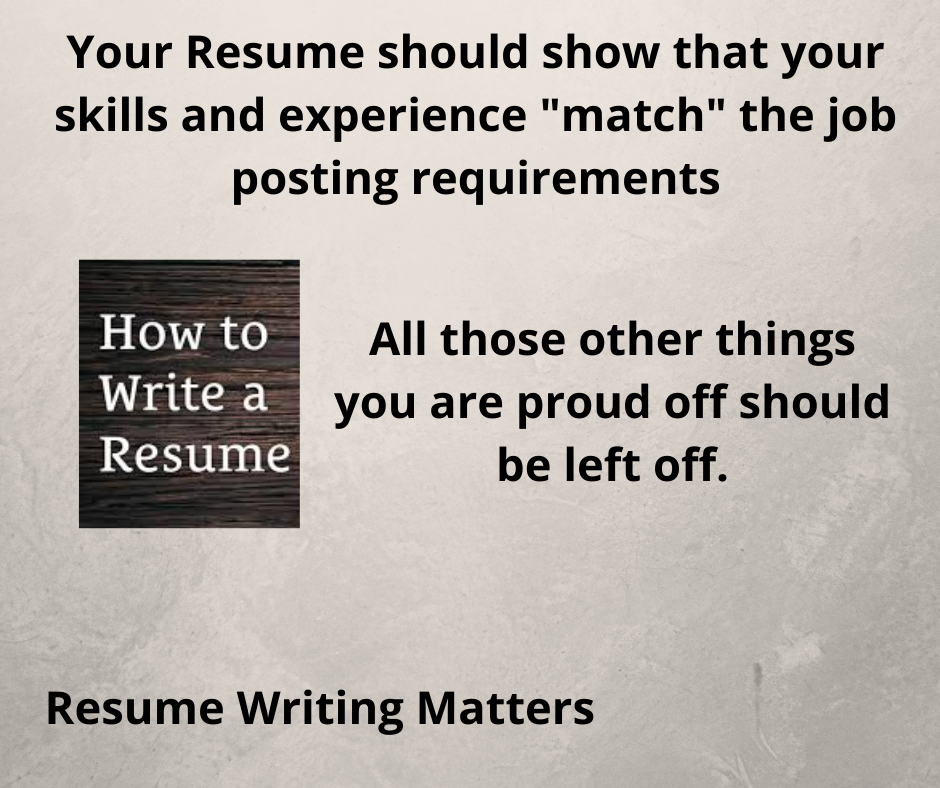Soft and transferable or portable skills can be challenging to capture on a resume or even in an interview, but they can be the difference that gets you the job. First, you have to know enough about the job and company you want to talk with to be able to identify the skills from these categories that will be important (good focus for your informational interview) and then be able to present these verbally as you answer questions and talk about yourself in the hiring interview and process.
Some skills will be significant enough that you will want to make them part of your career path story. Some of these skills should be included in your “About” section on LinkedIn. Some may fit into the skills section of your resume, but of course, these skills need to match where you want to do the skills you want in the company posting. Cover letters can be the best place to present your career path story and show that your soft and transferable skills will bring value to the organization.
Your “Me, in 30 seconds” or your elevator pitch, even though often tailored and memorized, should consider the opportunity that the particular networking opportunity represents and weave some of these skills into the message that will be meaningful to the target audience you are speaking to.
In the interview, when asked questions often, you can demonstrate how you got results and reference the transferable skills you have to get the desired results. Just as you would identify the skills you’d like in a posting to present on your written resume, you will want to match those keywords to your verbal responses. If the post asks for someone who gives attention to detail, use those words in your verbal exchanges in the interview. Show that you understand and did your homework by identifying what the potential employer went to some effort to communicate.




